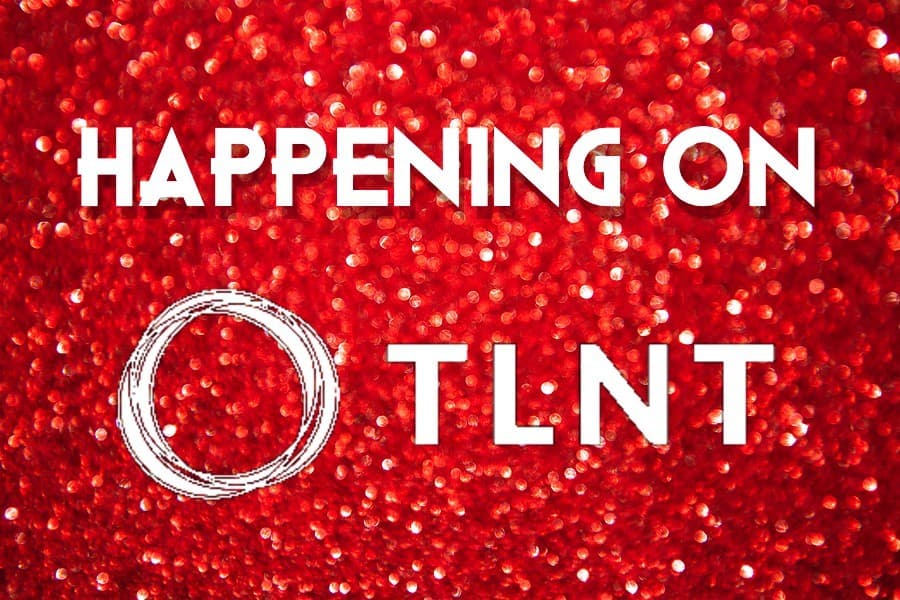What’s worse than the sorrow that follows a miscarriage or the death of a newborn?
Not much. Yet up to 20% of known pregnancies end in miscarriage. Yet up to 20% of known pregnancies end in miscarriage.
No, repeating that sentence wasn’t a typo. It was to further spotlight an astounding number. Did you know that stat? I didn’t until my friend told me about a year ago, having lost her own twins a while back.
I bet a lot of us are probably unaware just how many people experience pregnancy loss. In large part, it’s because we don’t talk about it enough, not outside of work and certainly not in the workplace.
That needs to change, and that change can start with more humane bereavement policies that don’t shove parents back behind a desk after suffering one of the worst tragedies of their lives.
To begin with, that many employers still offer a mere five days off for bereavement is a joke. And not a funny one. What’s more screwed up is how some companies don’t extend even that many days to grieving employees unless the deceased is part of their nuclear family.
Oh, it was just your aunt? Four days. Just a friend? Well was she your best friend? Fine, you can have the morning off, but be sure to check your email because John may need you to process an order for a customer.
If you’re reading this and thinking that there’s no way that most companies operate this way, you’re actually right. I just fact-checked myself. The average allotted days for bereavement of immediate family members is just three days. (Do I need to repeat that sentence too?)
It took me longer to decide what streaming device I wanted to buy a few weeks ago.
It’s all pretty shameful. A few years back, in a post called “Mourning in America,” I wrote :
“While it’s common for managers to ignore their HR manual on a case-by-case basis to help direct reports, what message is a business nonetheless sending to its workforce when it perpetuates procedures that strip ‘human’ from human resources?”
That’s a key notion that Hyedi Nelson explores in her recent TLNT article about the importance of ensuring that employees who experience pregnancy loss have adequate time off from work. Hyedi herself suffered the loss of her baby Charlie, so this issue isn’t just a fun game of HR theory for her. It’s real life, as it is for so many workers.
Or rather, co-workers. Given the statistics, there’s a good chance that there’s a person (more likely people) at your company who’s struggled through a similar loss.
We owe it to that person, to Hyedi, to my friend, and to so many like them to ensure that our places of work do better when it comes to offering necessary support. As Hyedi points out:
“Thoughts and conversations largely focus on planning for positive outcomes, and understandably no one wants to consider unthinkable scenarios. But the reality and the long-standing stigma around pregnancy and child loss mean that when it comes to developing HR policies, companies often fail to account for such events.”
